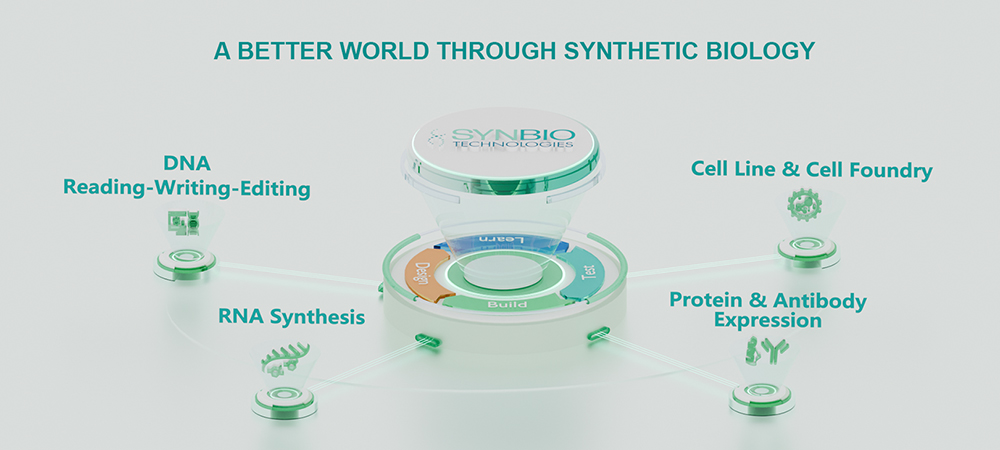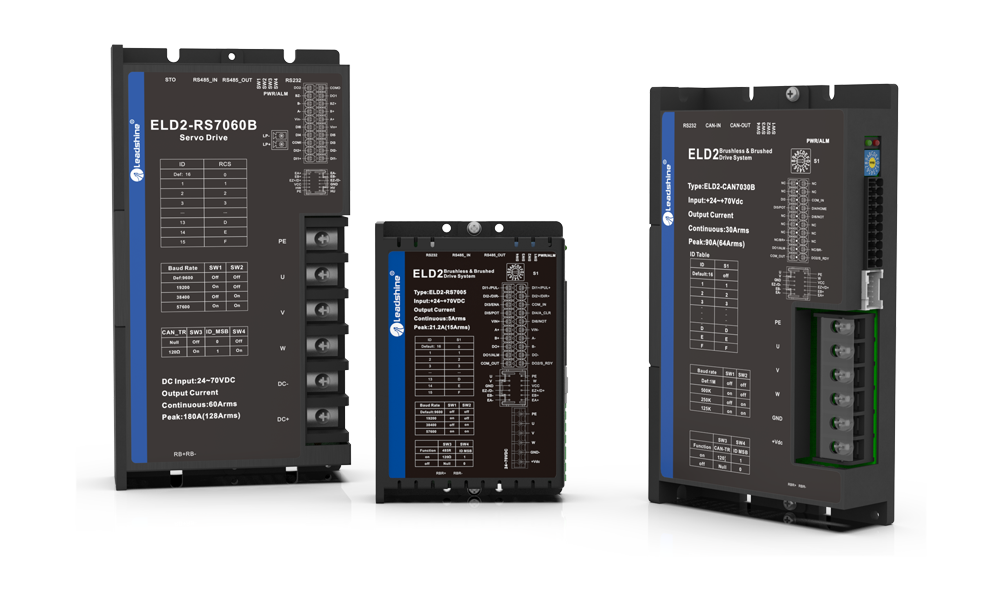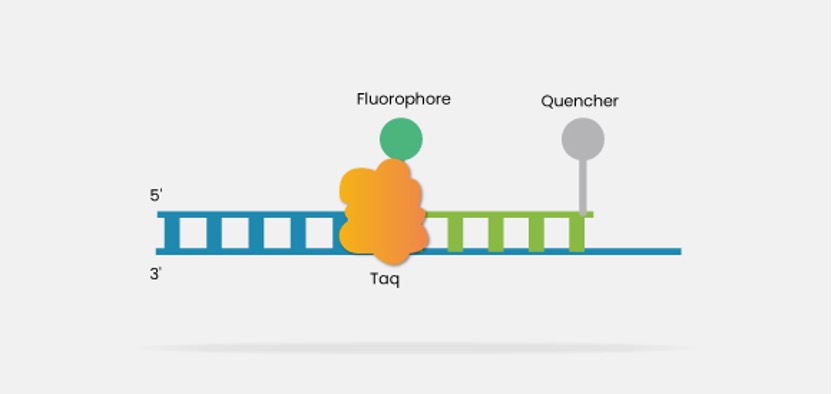
Imagine a world where the products we use every day are not just manufactured but biologically engineered to meet our needs. A few months ago, I stumbled upon an intriguing case study about a synthetic biology company that developed bacteria capable of producing biodegradable plastics. This innovation sparked my curiosity about how synthetic biology services could transform various industries, particularly in transportation and logistics.
The Role of Synthetic Biology Services in Modern Logistics
Synthetic biology services encompass a range of techniques used to design and construct new biological parts, devices, and systems. One fascinating aspect is their ability to enhance transportation attributes—think faster production times for bioengineered materials or more efficient delivery methods through optimized microbial processes. Moreover, integrating these services with blockchain technology can create transparent supply chains that track the journey of products from creation to consumption.
Find more about synthetic biology company.
How Synthetic Biology Companies Leverage Blockchain in Supply Chains

Synthetic biology companies are increasingly recognizing the potential of blockchain technology within their operations. By utilizing decentralized ledgers, they can ensure traceability and authenticity throughout the supply chain process. For instance, when bioengineered materials are produced using synthetic biology methods, each step—from cultivation to shipping—is recorded on the blockchain. This transparency helps prevent fraud and ensures compliance with safety regulations while enhancing consumer trust.
The Unique Features of Synbio in Blockchain-Enabled Supply Chains
When we delve deeper into how Synbio interacts with blockchain technology in supply chains, several unique characteristics emerge. First off is data integrity; since all transactions related to synthetic biological products are securely logged on an immutable ledger, it minimizes errors associated with manual record-keeping. Additionally, real-time tracking capabilities allow stakeholders to monitor product conditions during transit—vital for sensitive bioproducts that require specific environmental controls.
A Conclusion Worth Considering
In summary, synthetic biology services hold immense promise for revolutionizing supply chain logistics by improving efficiency and reliability through innovative practices like blockchain integration. As we continue exploring this intersection between biotechnology and digital technologies like blockchain, it’s clear that we’re only scratching the surface of what’s possible—a future where our goods are not only smarter but also sustainably sourced!





















